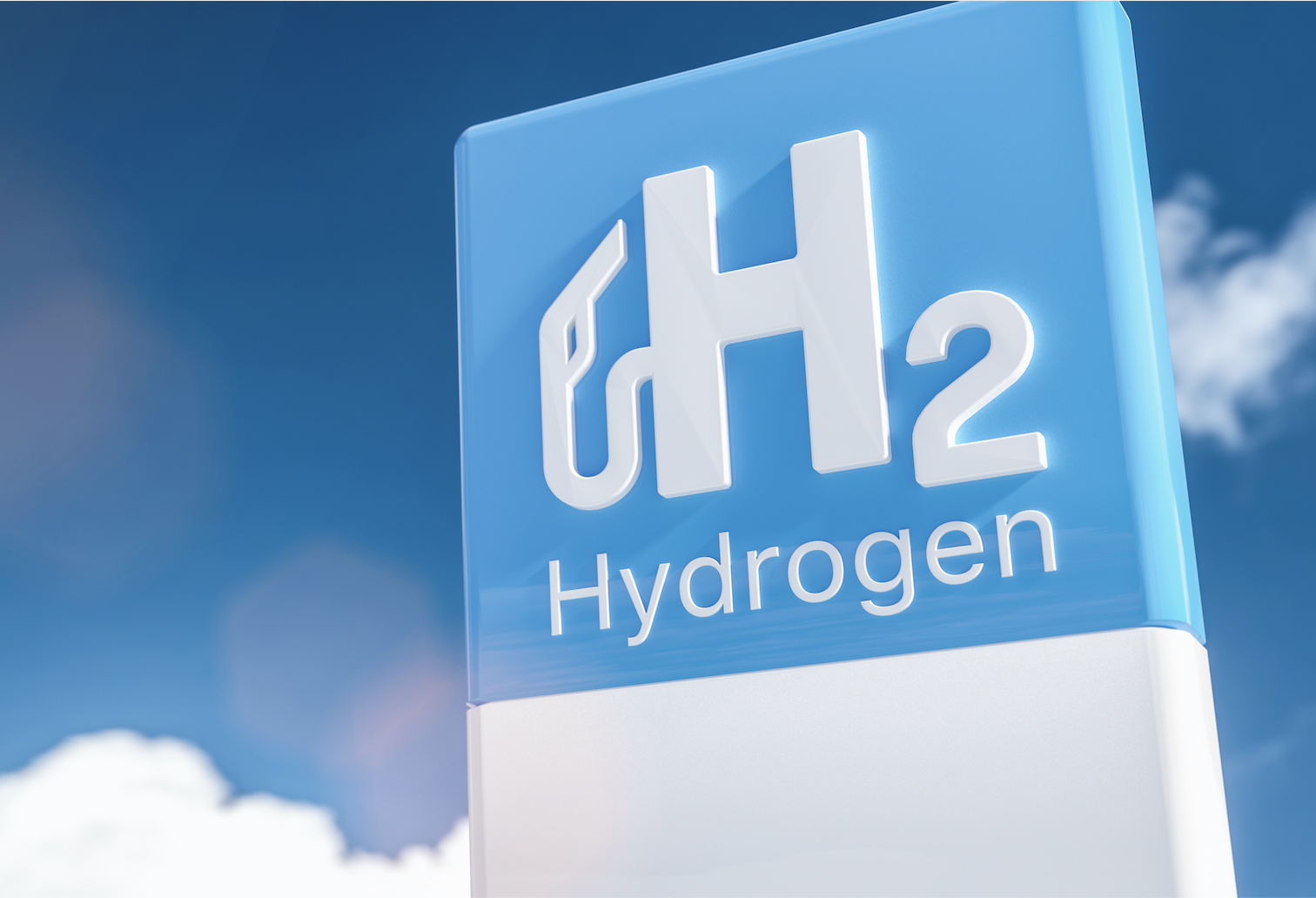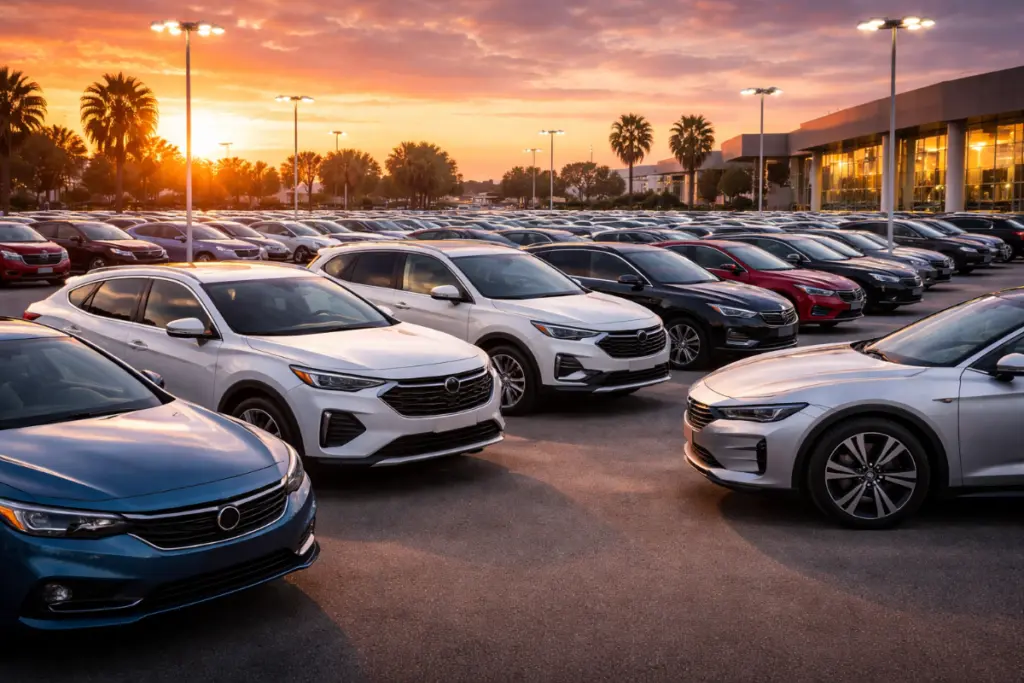PowerTap’s Raghu Kilambi Bets Big on the Future of Energy
The meteoric rise of Tesla’s stock price during the coronavirus pandemic has indicated that electric car batteries are the most efficient form of energy. But some entrepreneurs are questioning this narrative, and betting big on a new fuel source: Hydrogen.
After an accomplished career in the financial sector, which included raising over $1 billion for private and publicly traded companies, Raghu Kilambi was tapped to lead PowerTap Hydrogen Fueling Corp, a subsidiary of the publicly traded Clean Power Capital(CSE: MOVE)(OTC:MOTNF). Although droves of Tesla fueling stations are cropping up on highways across North America, Kilambi recognizes their limitation in servicing larger transportation vehicles forming the backbone of the American economy. To Kilambi, hydrogen is a better alternative to fossil fuels and electric energy; cars running on hydrogen batteries take much shorter times to refuel than Tesla vehicles, and conserve more energy.
Kilambi is currently overseeing one of the most ambitious projects devised by a single company: Building out the infrastructure of a new type of energy source across 500-1,000 fueling stations nationwide. PowerTap is working in collaboration with gas stations, truck stop operators, and numerous state and federal actors to usher in a clean energy revolution.
Impact Wealth recently caught up with the entrepreneur to discuss investing in United States roadway projects and going head-to-head with Tesla over the future of energy.
What is PowerTap and how is it changing the green energy space?
Raghu: PowerTap is focused on hydrogen fueling stations. Hydrogen is an alternative fuel that can be used for many things, but has really come to the forefront in cars; there are hydrogen cars in the market and more are coming. More importantly, long-haul trucks like eighteen-wheeler trucks and all the big truck and car manufacturers have announced long-haul hydrogen trucks. In terms of cost of per-mile and driving range, hydrogen long-haul vehicles are actually better than Diesel and battery electric vehicles, like Tesla. The Tesla battery electric vehicle works well for cars and for smaller trucks, but for massive trucks, the battery size that’s needed for a battery-electric vehicle is just too large, so they’re not in that space.
What are some of the challenges with bringing hydrogen vehicles to the market?
Raghu: The lack of fueling infrastructure in the United States. There are under a hundred hydrogen fueling stations in the United States, versus twenty-five thousand plus battery electric vehicle stations and over a hundred thousand gas and truck stop stations. And so there’s this massive void. PowerTap is a technology that has been developed over the last fifteen plus years with US government money and private sector money. What’s unique about our technology is we can make hydrogen on-site and very cost-effectively. Most of the stations that are out there right now, they’re simply dispensing units at the station level and storage tanks. Those stations are buying hydrogen from large industrial chemical companies like air products or air-liquid. And they’re shipping it in trucks over to the individual stations. And it doesn’t make sense because it’s too expensive and there’s a safety risk. What we’re launching is a new paradigm in making hydrogen on the spot as needed and it costs us much less than it does anyone else in the marketplace.
How do you plan on doing this?
Our plan is to launch initially in the state of California where I live because California is the leader of the green movement in the United States. We have tremendous carbon credit and other government incentives within the state that allow us to generate revenue quickly. Carbon credits are fines that the polluters like oil companies pay if they exceed emission limits that are allowed by either individual states or the federal government. And they either pay the fine or they buy these credits off other companies that are clean companies. For example, Tesla this year made over a billion dollars of revenue just by reselling carbon credits. It generates just by being a good corporate citizen and selling it off to other oil companies and such within the industry.
Are you planning on using carbon credits to expand PowerTap’s revenue?
That’s our strategy too, because it allows us to kick-start revenue and we get carbon credits just for building hydrogen stations, even if no one buys hydrogen from us initially. That’s what a key part of our model is. We’re going to build the stations and we expect the trucks and the cars to come in the next couple of years, but even if they don’t, we’re generating revenue every day because we get carbon credits that are monetizable simply for having the hydrogen infrastructure available
What does PowerTap’s buildout of these stations look like?
Our plan is to build out a footprint in North America starting in California, that will include 500-1,000 stations over the next 3-5 years. The Department of Energy has said in their own internal forecast there’s a need for thousands of stations. We believe that with the unique technology we have that’s been battle-tested, the technology is out there right now. There’s a station using PowerTap at LAX, one of the fifty or sixty stations in the United States. There’s a lot of private hydrogen fueling systems in place in factories and companies like Amazon and UPS do use hydrogen within their own manufacturing and logistics infrastructure. So the fuel is out there and it is being used.
How do you feel about the market currently?
The truck market is about economics, and so it is cheaper and hydrogen has a clear advantage. So that is a business decision. There are cars out on the market, there’s a car called the Toyota Mirai, M-I-R-A-I. That’s out there. There’s about fifty to twenty thousand of those cars. And every time I go to pump gas for about an hour, I schedule an hour because there’s not a lot of stations right now and usually a line. However, I don’t bet on the auto market because automobiles and how they sell are a lot about consumer marketing and consumer tastes. It’s not actually an economic decision when you buy a car, it’s a branding issue. While we will certainly have consumer stations out there too, we believe the bigger opportunity is in the long-haul trucking market. Our plan is not to build our own stations that may change, our initial plan is a joint venture with the existing gas station and truckstop owners. Our plan is to put our hydrogen fueling refilling stations and existing gas and truckstop facilities for several reasons. We would do a revenue share with them, so that way we don’t have to go and buy real estate. It’s quicker on a zoning basis. It keeps us as a technology player rather than a real estate one. That could change as we grow, but we believe that there is initial opportunity and we’ve already had conversations with many of the top gas and truckstop operators and there’s certainly interest out there already.
How is hydrogen fuel superior to the other clean energy options?
For cars, the main advantage is that it refuels very quickly. If you are using your battery-electric car frequently and you’re driving long distances, to refuel a Tesla takes between forty-five minutes to an hour. It takes five minutes to refuel a hydrogen car, so that’s the main advantage. In terms of costs in the auto market, we believe in the long run there’s cost of fuel advantages. As an example, when you buy a Toyota Mirai brand new, Toyota will give you a fifteen thousand dollar fueling car — card. So every brand new Toyota Mirai, the first four or five years of fuel are free. So Toyota’s making a real investment as the largest automaker in the world.
And on the truck side, battery electric vehicles simply don’t exist. With long-haul trucks and eighteen-wheelers, it takes about four or five hours to refuel. So it’s just not economically-possible based on the battery technology that’s there right now. In terms of diesel, our cost of fuel hydrogen is significantly less than diesel currently. And that’s independent from government incentives. Nikola Motors are making hydrogen haul trucks. Toyota’s making hydrogen long — long-haul trucks. Mercedes, Volvo, Hyundai, Cummings is coming out. And so most of the players are coming out with long-haul trucks because of the big advantage over diesel which is the competition and a non-existent battery-electric, uh, competition in that market just because of logistics and — and just the economics about electric vehicles. Again, the battery-electric market is more for smaller vehicles, not for larger vehicles
How does the environment benefits from hydrogen fuel?
We make hydrogen using renewable natural gas which is biogas, which is clean energy, and we have a carbon capture system.
We believe we are the most cost-effective and the greenest way to make hydrogen within North America. And this has to do with the fact that you can also make hydrogen using electricity to split water. But in North America, electricity costs are very expensive especially here in California. And also electricity is not as clean in North America as it is in other parts of the world. Meaning that in other parts of the world, wind and solar energy are much more abundant. Most electricity in the US is still a fossil fuel or coal base, so it’s not green. The beautiful thing is when hydrogen is used to motor an electric vehicle, it’s just a different electric engine than let’s say a Tesla would use. The exhaust is water so there is no emissions on hydrogen — hydrogen cars. So it’s not like it is very clean from the point of view of hydrogen let say look at trucks versus diesel, which if you’ve ever been on a highway and you see those trucks going by, there’s lots of exhaust going in and diesel has very very bad, uh, you know, carbon emissions. And — and that’s why there’s a big government incentive, uh, on not even on our side for the major truck operators who are ordering these trucks to get in the — in the space. And — and obviously, uh, we believe the — that the Biden presidency, uh, will, uh, move standards forward. Uh, it’s expected that they’re gonna rejoin the Paris accord which has very aggressive global carbon credit on emission standards. Uhm, and — and so we’re — we’re optimistic that the market is moving in our direction. And — and again hydrogen plays a role in the ecosystem. It doesn’t mean the battery electric vehicles or Tesla are going away, they have their segment. The vehicle market is very very big. We know that this trucking market and transportation market and industrial market is massive, and, uh, that’s where hydrogen wins because the numbers when the costs win there. And that’s the most important decision, uh, for, uh, people who — who use trucks, manufacturers and logistics companies, etcetera.
What are the advantages of hydrogen power capital and how does it bring production costs so low?
We have a bunch of patents, uh, for PowerTap. And, uhm, because we are making hydrogen on-site we avoid a lot of costs of the current hydrogen production ecosystem. This technology again had some of the investors and the technology that we acquired include Renault the automaker has oil, the, uh, the US Department of Energy. And so this technology has been around waiting for it today. Hydrogen has been around as a — as a fuel for a long time just like battery — by the way, a hundred years ago, battery electric vehicles were on the market before the combustion engine became the dominant vehicle for many years. And so these technologies have been around, it’s a timing issue. We can produce technology in a small unit at an individual station level. So we avoid a lot of the logistic costs of industrial hydrogen production.
Raghu: When we look at electricity-based hydrogen production which is the competition so to speak called Electrolysis, it’s just that electricity is too expensive. We have because of our small technology platform, we win against the industrial companies or the shipping, and then we went against, uh, the other way to make, uh, hydrogen which is electrolysis because of the high cost of electricity.
What are the biggest mitigating factors to the industry overall?
The biggest challenge in the industry was the lack of building infrastructure, filling stations. The vehicle makers have been hesitant to put our cars because there’s not enough fueling station and the fueling station entrepreneurs have been hesitant because there’s not a cars. We’ve seen the announcements of the major truck eighteen-wheeler players and Nikola Motors is a pure-play coming out and certainly starting our business here in California with, uh, infrastructure carbon credits. We’re going to make the path and we believe firmly that there will be a significant amount of vehicles on the road in the next three to five years and we’ll have the infrastructure ready.
What are the benefits of building out hydrogen stations across the United States in particular?
Raghu: Well, we believe the US is the biggest market and the government incentives at both the federal and state level are very appealing. We have access to friendly government loans to build infrastructure. And again, I think under the Biden presidency, they’ll be more exciting opportunities. But we have an established technology with fifty million dollars of invested capital, a lot of IP, and so we believe will be a powerful player within the North American market. It has the most growth potential because it is the largest economic market in the Western world and the least hydrogen infrastructure right now.

















